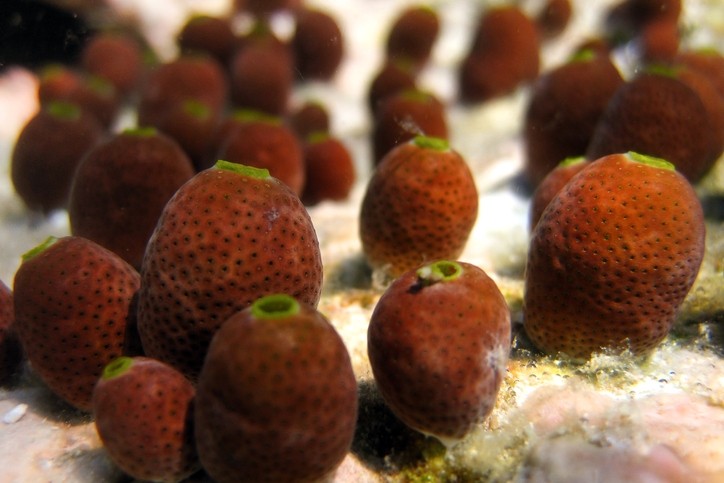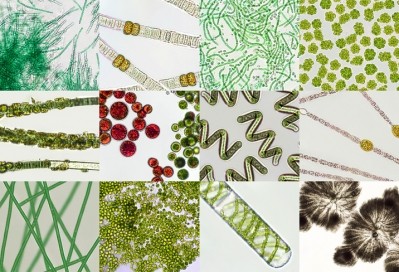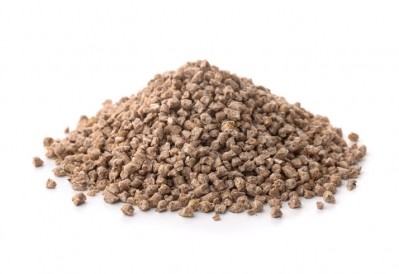Tunicate meal does not compromise pellet quality

Tunicate is a kind of sea squirt that feeds on microalgae in the sea, said the authors, based at that Norwegian research institute.
The Nofima team acknowledged that there is a need for new protein resources that can replace fishmeal and plant-based ingredients to ensure the sustainable growth of the aquaculture industry.
They recently evaluated the nutritional constraints of tunicate (Ciona intestinalis) meal as regards its use in feed for Atlantic salmon. At a dietary level of around 17%, substituting 50% of dietary fishmeal, the team said they saw promising results for such a meal replacement strategy in terms of growth, biometrics, fillet and liver total lipids and fatty acid profile and tissue morphology.
In a more recent study, published in the February edition of Animal Feed Science and Technology this year, Tor Andreas Samuelsen and colleagues at Nofima decided to assess the effect of tunicate meal on the extrusion process, and the physical pellet quality among other attributes.
Processing parameters
Commercial fish feed is typically produced using extrusion technology and previous studies have documented that processability and end product characteristics are dependent on the physicochemical and rheological properties of the feed ingredients.
In an earlier post on the research institute’s website, Samuelsen said it was critical that any new fish feed ingredients have the correct technical quality. Some ingredients require too much water, others require too high a temperature, while others disrupt the structural properties of the pellet. “If you cannot produce feed with high physical quality, it will crush into pieces before it reaches the fish, and the fish will not be able to eat it.”
The technical properties of FM and plant proteins as SPC and vital wheat gluten (WG) have been reported in several studies, they noted. Such data, though, is still lacking for many new and sustainable protein sources, including tunicate meal.
They assessed the technical properties of tunicate meal by quantifying the effect of using the novel protein to replace proteins such as FM on dough viscosity, extrudate expansion, microstructure, physical pellet quality, oil adsorption and leakage.
The Nofima team saw that, within the boundary of the chosen design, 64% of fishmeal can be replaced by tunicate meal without compromising physical feed quality. “Due to its viscosity behavior, tunicate meal can improve pellet expansion and fat absorption capacity of extruded feed.”












